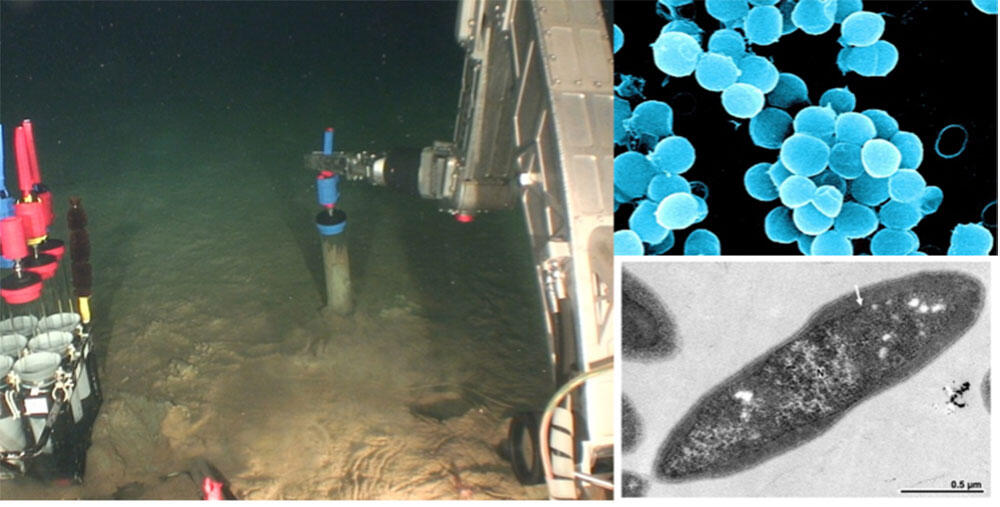Study of Methane Producing/Consuming Microbes
-Creating Resources while Protecting the Environment-
Last Updated: April 13, 2021
Elucidating the origin of natural gas for its efficient development as a resource
With the overall aim of elucidating the formation mechanism of methane hydrate and water-soluble natural gas deposit, in which gases are biogenic, we conduct geochemical analyses of groundwater and sediments, microbial culture experiment as well as gene analyses to examine how environmental factors such as temperature and water chemistry affect the composition of subsurface microbial communities and their methanogenic activity.
We are also challenging the development of new microbial technologies to enhance recovery of energy resources, i.e., effective in situ conversion of residual oil in depleted wells and unrecovered coal in deep underground to methane.
Suppressing greenhouse gas emission and protecting the geosphere environment
While subsurface microbes can produce methane, they also consume methane. We are studying methane-consuming microbes living in deep subsurface environments to determine the mechanism of methane consumption. This information is needed to estimate the global environmental impact of methane released from the subsurface to the atmosphere. The study of subsurface microbes thus contributes to the development of natural gas and other resources in the geosphere and to the conservation of the geosphere environment.
Left: Collection of the surface marine sediment by ROV.
Right: Isolated methanogen (upper) and bacteria (lower) from the environmental samples.


